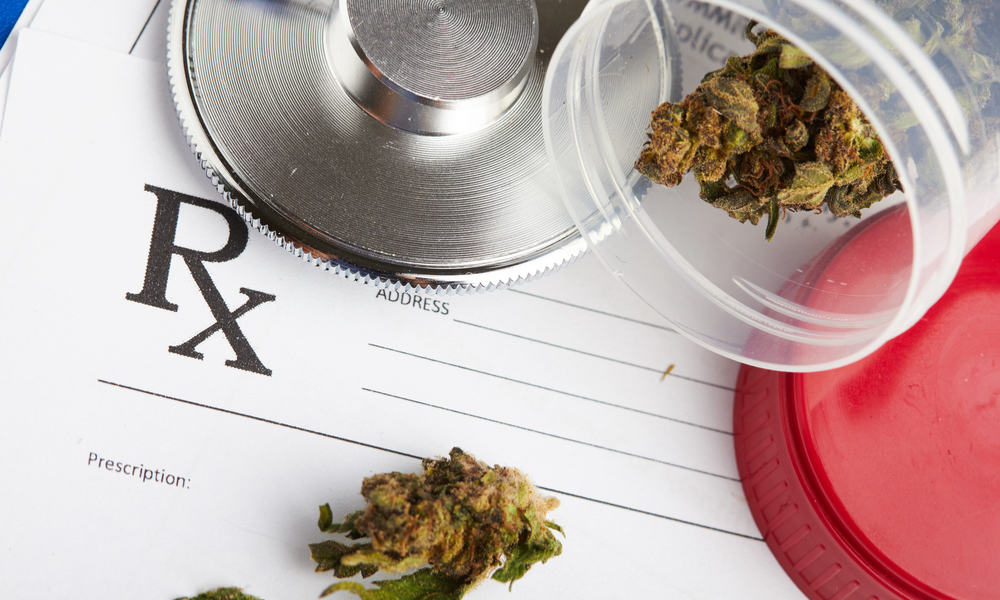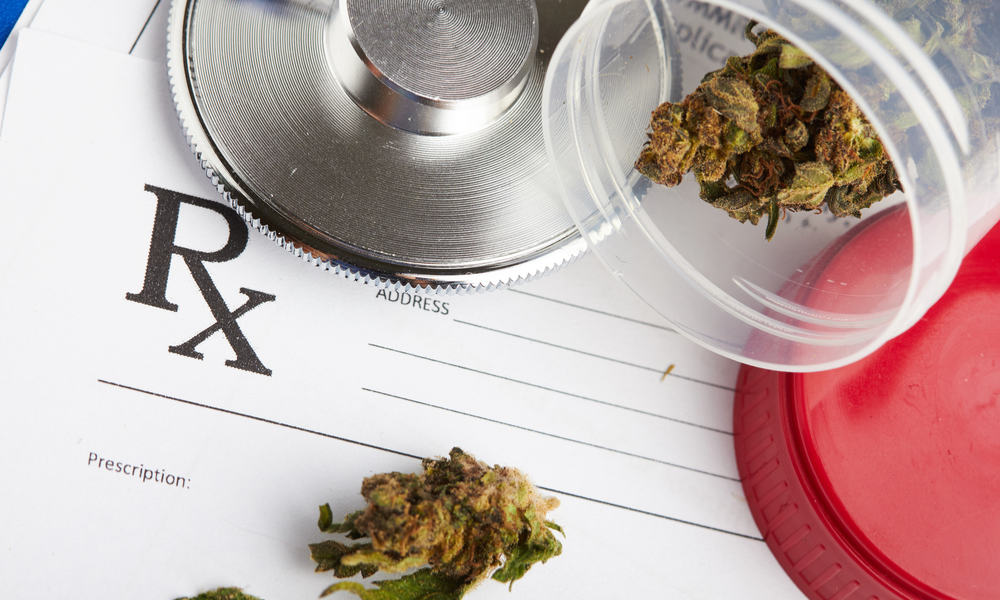
Dr. William Eidelman has been issuing medical cannabis recommendations in California since 1997, just a year after the state became the first in the U.S. to legalize medical marijuana. Now, however, Dr. Eidelman is facing a revocation of his license to practice medicine. According to the California Medical Board, Eidelman improperly recommended medical cannabis treatments for a 4-year-old in 2012. Eidelman isn’t in trouble for the cannabis recommendation itself, but for the diagnosis that led him to make it.
Hollywood Doctor Could Lose His License for Recommending Cannabis to a 4-Year-Old
According to a California Medical Board report, a father and his 4-year-old son came to Dr. Eidelman’s office in 2012 seeking treatment. The father said the boy was misbehaving in school. 30-minutes later, the father and son had a medical cannabis recommendation from Eidelman. In just a half hour, Eidelman diagnosed the young boy with “a probably combination of ADD/ADHD and bipolar disorder.”
Eidelman’s recommendation suggested providing the 4-year-old with small doses of medical cannabis in cookies. In the medical board report, the doctor described the boy as nervous and agitated, but not abnormal. But the boy’s father had previously obtained a medical cannabis recommendation from Eidelman for his own ADHD and bipolar disorder years earlier. The father hoped that what had worked for him would also work for his child.
Simple misbehaving doesn’t mean a child has an attention deficit or mental health disorder, however. Those determinations require lots of data, time with psychiatrists and interviews with the child’s parents. Eidelman provided none of that, and so the medical board found his diagnoses “grossly negligent.”
Are Doctors Making Medical Cannabis Recommendations Too Quickly?
“Tantrums alone … do not support either diagnosis,” the board wrote in its decision to revoke Eidelman’s license. “Labelling a child with a significant mental condition can be harmful if those labels are incorrect, and pernicious results may follow.”
The CMB takes seriously the issue of negligent medical cannabis recommendations and recommendations based on negligent diagnoses. “The mission of the Medical Board of California is consumer protection and as such, it is the Board’s highest priority that physicians are following the standard of care when treating their patients,” CMB spokesperson Carlos Villatoro said in an email to High Times.
Dr. Eidelman’s case came to the CMB’s attention after a school nurse reported the boy’s father to Los Angeles law enforcement and child protective services. Eidelman had suggested the boy consume medical cannabis cookies at school.
69-Year-Old Doctor Vows to Keep Recommending Medical Cannabis Treatments
An important takeaway from the medical board’s decision is that it found no fault with the medical cannabis recommendation itself. The board acknowledged that there is simply not enough evidence to suggest that administering cannabis to a child violates standards of care. Rather, it was the ADD/ADHD and bipolar disorder diagnoses, “all but made up out of whole cloth,” that led to the revocation of Eidelman’s license.
But Eidelman insists that he has a court order staying the revocation until a March hearing. There’s no record of an injunction with the case file in San Francisco County Superior Court, however. And the medical board says it hasn’t received a court order.
This isn’t the first time Eidelman has faced consequences for making recommendations when he shouldn’t have. Between 2000-2001, Eidelman gave several undercover investigators medical cannabis recommendations. When asked about how previous disciplinary actions against Eidelman impacted the January 4 decision to revoke his license, CMB spokesperson Carlos Villatoro told High Times that “the Board considers all previous disciplinary actions when deciding on new charges.”
Nevertheless, Eidelman is still practicing medicine and still adding to his list of 10,000-plus medical cannabis recommendations—despite facing up to a year in jail for practicing without a license. “From the beginning of my career, I’ve been looking for things that really worked and weren’t toxic,” Eidelman said in a 2015 interview with Cannabis Talk Radio. “And cannabis really works.”











